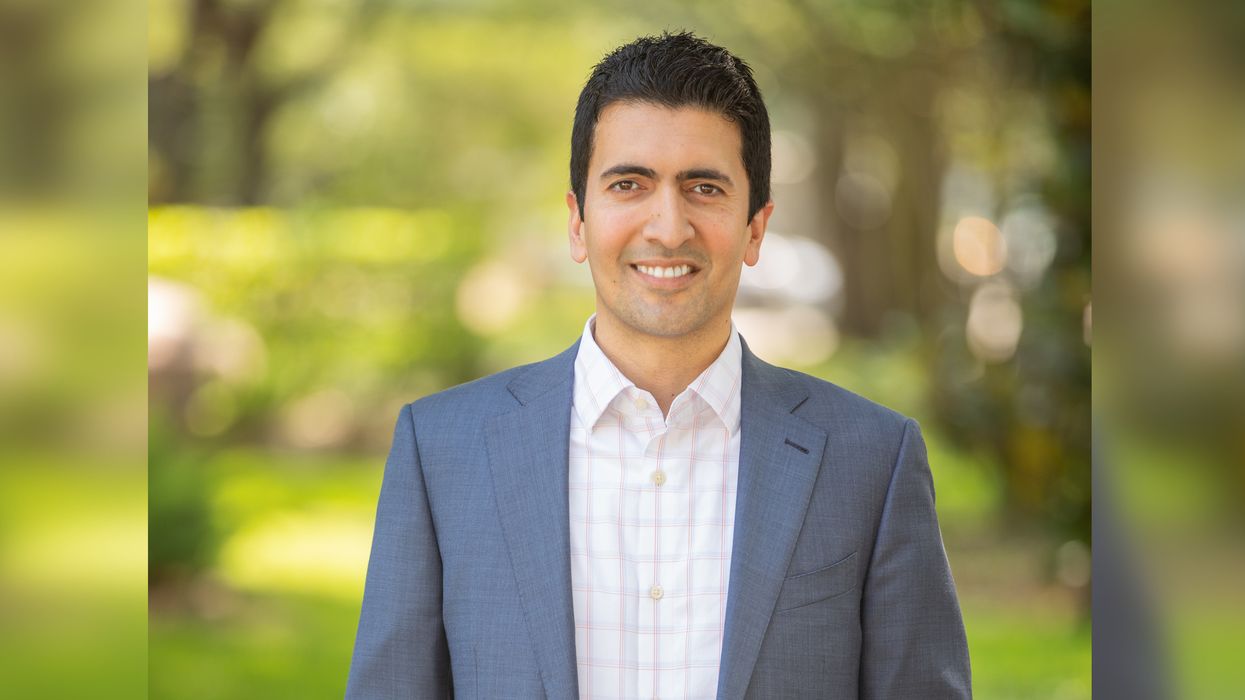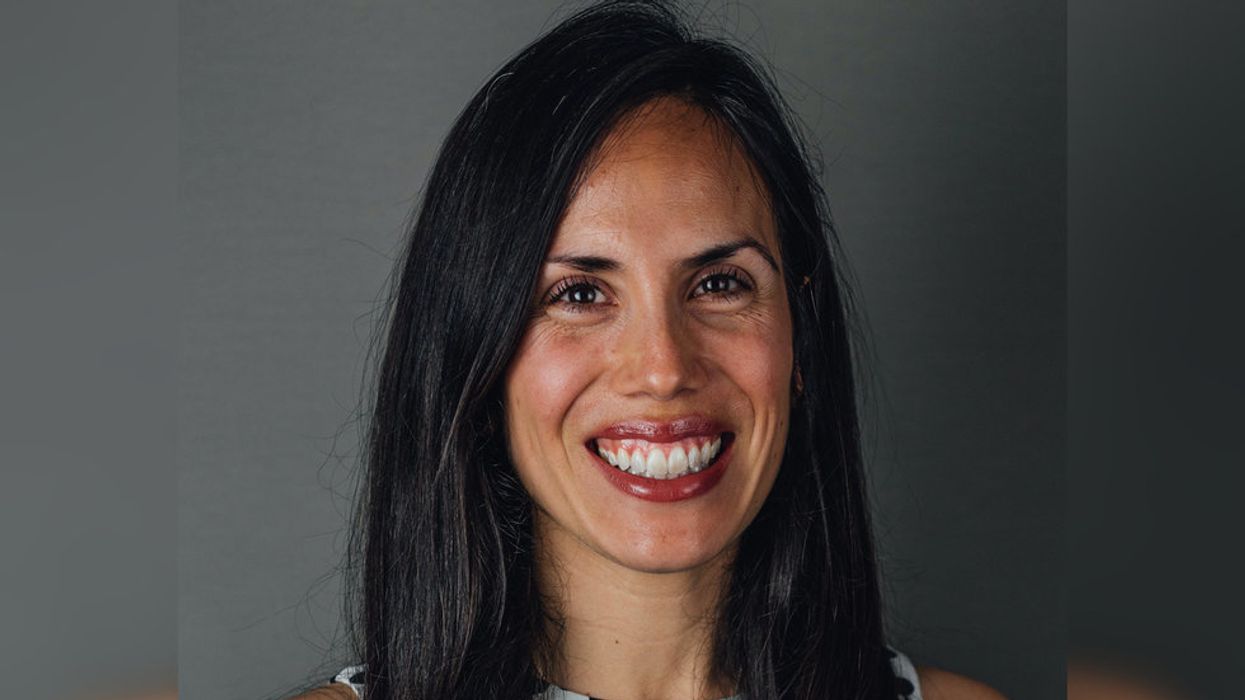Overheard: Here's the future of oil and gas tech, according to this panel at OTC
Eavesdropping in Houston
The oil and gas industry has a reputation for being a slow adapter when it comes to technology advances, but that's changing — as is the workforce. In the next few years, half of the United States workforce will be millennials, according to the Bureau of Labor Statistics.
A panel at the 2019 Offshore Technology Conference discussed the future of oil and gas technology — and the young professionals who are taking over the industry.
"It is just exhausting to be continuously interrupted in meetings — day in and day out — for your full career. What makes it worse, is no one seems to notice but you, unless you're lucky and have another woman in the year."
— Allison Lami Sawyer, partner at the League of Worthwhile Ventures, when asked about being a young, female leader in industry. She adds that what's even worse is when you internalize it yourself and stop noticing.
“There’s a whole population of frustrated visionaries in oil and gas who are really excited to work with new tech.”
— Sawyer says the challenge is less getting a foot in the door at large companies and more going from pilot to mid- to widespread use.
“Oil and gas is essentially banking. Did you know you’re all bankers?”
— There's more labor to it, Sawyer says, but the C-suite at oil and gas companies are approaching it like banking. And in banking, there's a lot of AI-based fintech that goes into that decision making process and that might, down the road, come to oil and gas when the data is there.
“It’s happening. New technologies are being added, but it’s about finding the right value proposition for the company. That needs to resonate.”
— Sidd Gupta, founder and CEO of Nesh, says, adding that maybe it's not happening at as fast a rate as people wished.
“There’s been an increased demand for people internally who can take 3D models and put them into an AR environment. … Maybe four years ago, I would never have said that oil and gas companies would have internal AR/VR experts.”
— Lori-Lee Emshey, co-founder of Future Sight AR, on the rising need for professionals with augmented and virtual reality skills.
“Anything that can positively impact safety has been a big winner — especially on the contractor side.”
— Emshey, when asked about what sort of technology is attractive to big oil and gas companies.

















 Apple doubles down on Houston with new production facility, training center Photo courtesy Apple.
Apple doubles down on Houston with new production facility, training center Photo courtesy Apple.